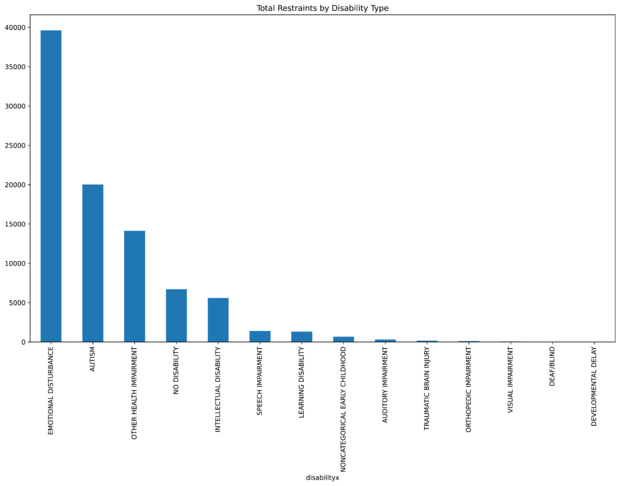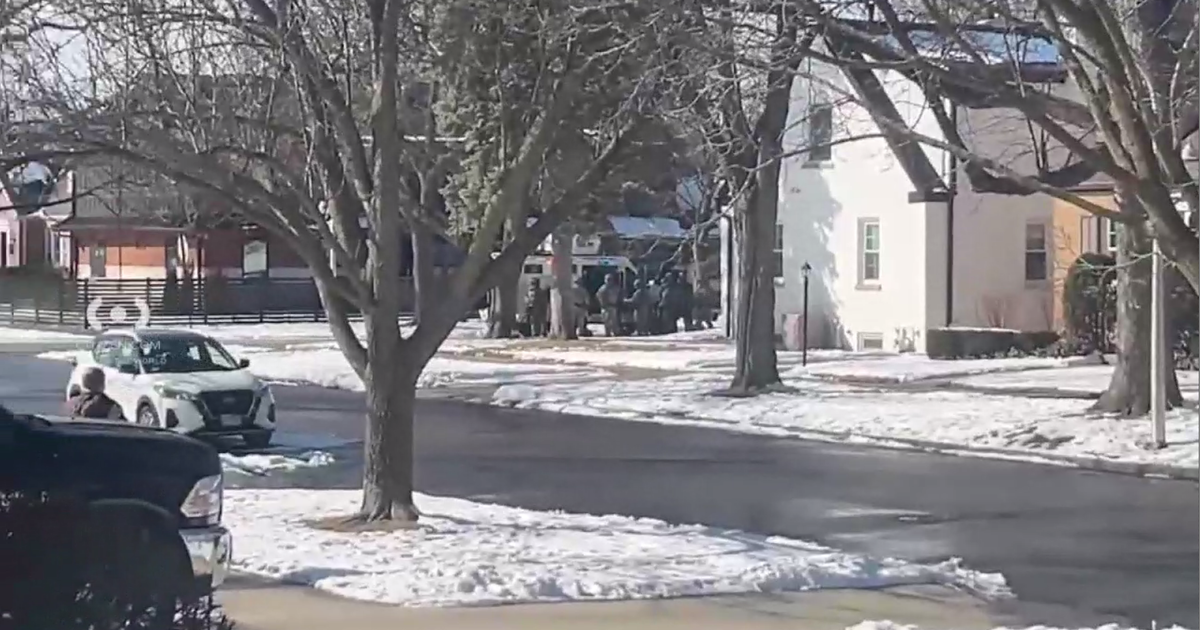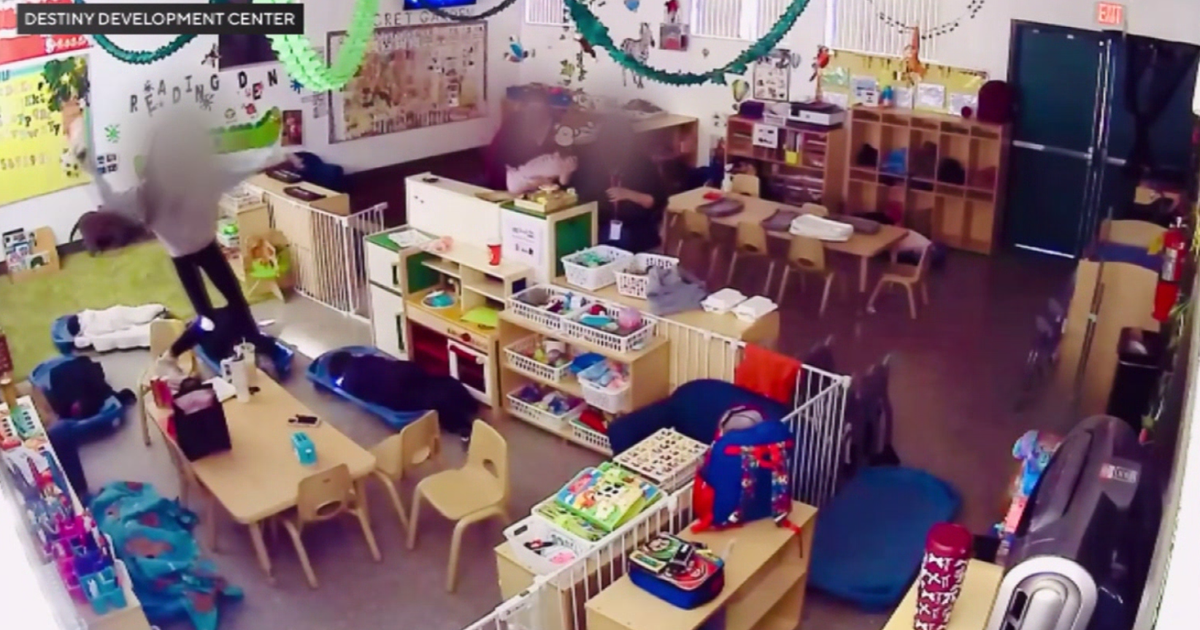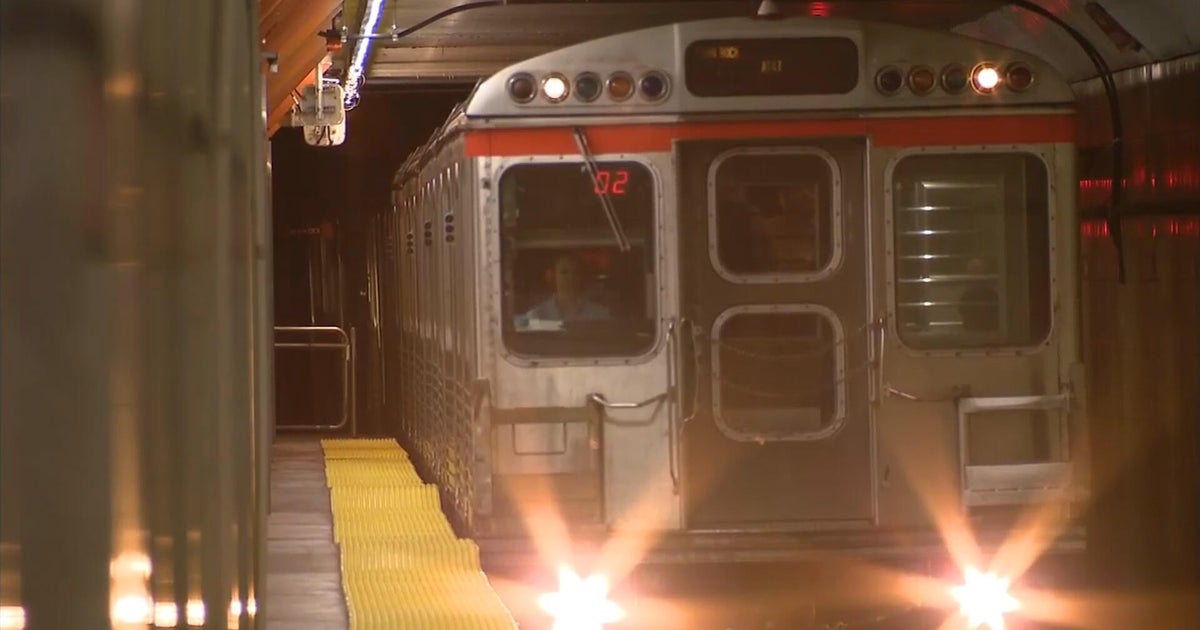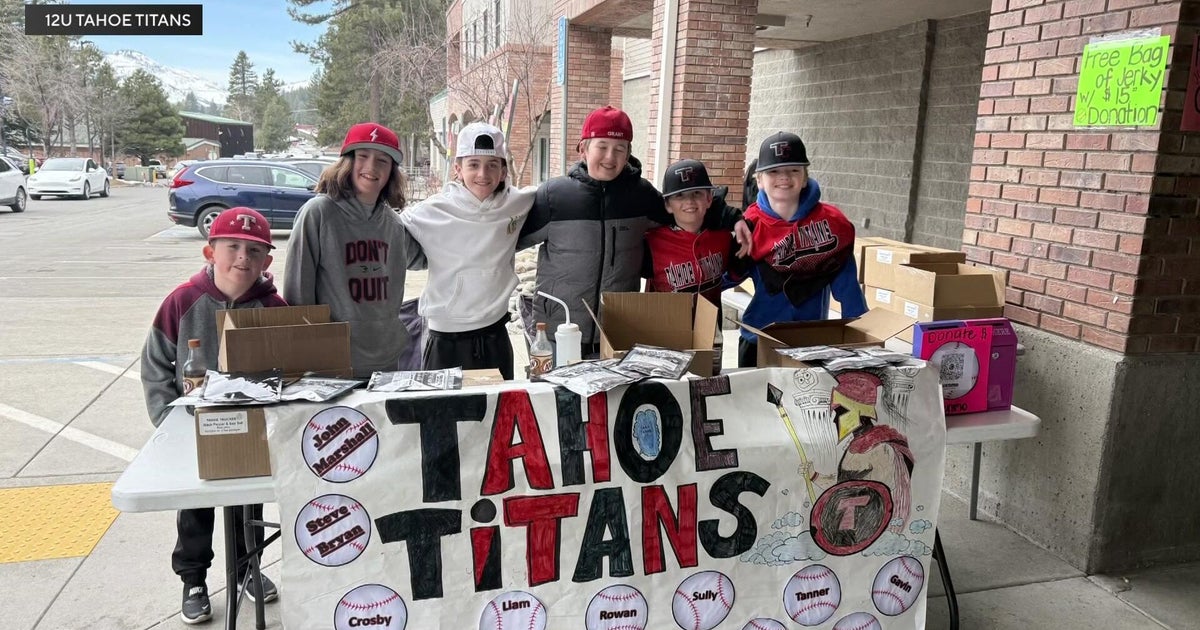I-Team: Handcuffed and restrained in hallways
NORTH TEXAS (CBSNewsTexas.com) – A little girl is simply sitting and listening to an adult reading to her inside a school office.
The woman on the other side of the desk has a book open showing the elementary school girl the pictures.
The office door opens and a police officer walks in. "Come over here," he says to the child.
He has reached behind his back and grabbed handcuffs.
"Are those for me?" the little girl innocently asks.
"Those are for you," he replies.
The little girl has no idea what is about to happen.
"Don't put handcuffs on. Help me. Help me," she cries out.
This is one of many examples of body cam videos CBS News Stations nationwide obtained. They include young students, who do not appear to be posing threats to themselves or others, restrained and often arrested at school.
ISSAC AND ISIAH
10-year old Isaac and Isiah have experienced restraint at school repeatedly since age four according to their mom.
"I can't even put a number on it. More than 50 times," says Heather Alex.
The I-Team first introduced you to the Texas mom in November. "Held down, unable to move...holding their feet, holding their body over the floor."
The twins' school district could not comment.
Alex was asking for legislative change, and she now hopes lawmakers are responding as numbers reveal how many children with disabilities have been restrained.
RESTRAINT DATA
In Texas, the I-Team found many of the legal battles regarding restraints and arrests involved children with disabilities.
Texas Education Agency data reinforces those findings.
According to a CBS Analysis, the I-Team has learned, in three school years (2018-19, 2019-20, 2020-21), school personnel, or police, restrained Texas children with disabilities at least 83,416 times.
Our analysis found 44% of the total restraints involved children with an "emotional disturbance."
This is defined by Individuals with Disabilities Education A as a "condition exhibiting one or more of the following characteristics over a long period of time and to a marked degree that adversely affects. Child's education performance includes:
- An inability to learn that cannot be explained by intellectual, sensory, or heath factors.
- An inability to build or maintain satisfactory interpersonal relationships with peers and teachers.
- Inappropriate types of behavior or feelings under normal circumstance
- A general pervasive mood of unhappiness or depression.
- A tendency to develop physical symptoms or fears associated with personal or school problems.
CBS analysis found 22% of those restrained had autism.
And, 107 children had an orthopedic impairment, some type of physical disability.
These restraints all tended to spike around the start of each school year.
TEXAS LEGISLATION
Three months after our I-Team investigation, lawmakers, advocates, and parents gathered at a news conference at the state capitol to support several new, recently introduced bills regarding restraints of children.
Representative Lacy Hull (R-Houston) talked about joining forces with Senator Royce West (D-Dallas) last session to pass "No Kids in Cuffs"; however, they say time ran out and the bi-partisan bills stalled.
This session Representative Hull said she reintroduced it as HB 459.
Senator West reintroduced it again - Senate Bill 133.
The companion bills would "prohibit the physical restraint of...students by peace officers and school security.... Under certain circumstances."
Several other lawmakers, including Representative Mary Gonzalez (D-El Paso), also discussed their dedication to stop restraints in schools- particularly certain types of restraints including prone and supine.
"Prone" references lying a child on his/her face or stomach. "Supine" refers to a child face up while physical pressure is applied to keep the student restrained.
Representative Mary Gonzalez (D-El Paso) talked about filing House Bill 133 which would "...prohibit the use of certain restraints on students enrolled in public schools who receive special education services."
LEAH
Fighting back tears and surrounded by two of her daughters, a mom from a small town south of Houston, stood at the podium and talked about her teen daughter Leah.
"When she was in middle school, Leah started to come home with unexplained bruises, bite marks and scratch marks."
Tenbrink said she learned Leah had endured months of restraints. She says a teacher finally told her what was happening. She asked the school to see classroom video, but Tenbrink says she had to fight to view it. Once she did, she was shocked.
"I watched them put my daughter face down on the ground. Two grown women holding her arms behind her back. She was struggling. Here legs lift of the ground like she was struggling to breath."
The news conference was an opportunity for the Tenbrink family to ask for help but she struggled re-living the pain it's caused her whole family.
Tenbrink broke down crying saying, "I need to stand up and protect students like Leah. I need everyone to be her voice."
DAMIAN, ISABELLA & RYAN
Another parent who lives near McAllen, Thelma Lira, spoke about her now 4-year-old, Damian. She said he stopped wanting to go to school. He cried each day she would drop him off.
"My son went from a happy little boy to having constant nightmares...at the site of a chair which uses a belt such as a highchair or seatbelt."
Lira said Damian and his friends, Isabella and Ryan, whose parents asked her to speak on their behalf, could not communicate what was happening to them because of their disabilities.
"The alarming part was the restraints were not used on all of the children. It was only used on the children that could not speak."
QUINTIN
A mother from the Austin area, Tantiana Alfono, stood in front of the cameras side by side her with her 8th grader, Quintin, who quietly listened.
Alfono says she the school told her "something" had happened to Quintin and assumed it was a standard disciplinary response to unwanted behavior.
But she says she learned, "He was violently and intentionally thrown in a room."
Other families, and their children, were also at the news conference but organizers said time permitted them all from speaking.
"ONGOING ENDANGERMENT" - ADVOCACY GROUPS
"If I would have done these things to Leah, she would have been taken from me," Tenbrink told the I-Team.
This is why Disability Rights Texas joined The Arc of Texas, the Autism Society of Texas, Coalition of Texans with Disabilities, Texas Council for Developmental Disabilities, and Texas Parent to Parent to host the news conference.
The disability advocacy groups say they are calling for change and trying to give these children a voice.
"We are calling on state leaders to finally respond to the ongoing endangerment of students with disabilities," said Senior Policy Specialist and Attorney at Disability Rights Texas.
Aleman states parents and advocates are asking specifically for the following measures:
- Improved independent investigations by the Department of Family and Protective Services of alleged abuse in public schools.
- Heightened accountability for school staff that engage in violent and harmful treatment of students with disabilities.
- Better utilization of video surveillance in classrooms with vulnerable students with disabilities.
- Tighter state regulation of dangerous restraint practices in schools.
- Greater investment in proactive and positive behavioral interventions, services, and supports in schools.
"We need to make sure any use of force is limited to the emergency to keep the students safe," said Jolene Sanders-Foster with the Coalition of Texas with Disabilities.
"...not these actions we've been hearing about."
FEDERAL LEGISLATION
More than 1,300 miles away from the Texas capitol, more legislation is in the works.
"We want to mandate reporting," says Shariq Ghani of the Texas faith based Minerat Foundation.
During the news conference in Austin, the executive director was at the nation's capital where a Texas Congresswoman is calling on states to put an end to the use of physical restraints on young students.
Late last year, US congresswoman Sylvia Garcia (D-TX-29) sponsored House Resolution 1487 calling for the recognition and action to be taken against the harm associated with restraints in schools.
In addition to the physical harm, the bill also cited "...emotional and mental harm such as impeding brain development, sleep issues, learning issues, and a lasting distrust of adults and authority figures.'"
Together with Ghani, Congresswoman Garcia told the I-Team they are drafting another federal bill which would require all schools to report arrests and restraints of all students.
"It would require reporting and it would have a study on the impact and the trauma and the emotional distress a child goes through."
Advocates and lawmakers nationwide have long made headlines arguing better reporting is needed.
Congresswoman Garcia says her new legislation will be introduced in the coming weeks.
MANDATED REPORTING
Disability Rights Texas told the I-Team, "It appears that at least 21 states, including Texas, have a requirement for the state department of education to receive and collect student restraint data from school districts," stated Aleman.
Aleman said states with restraint reporting requirements include: Alabama, Alaska, California, Connecticut, Delaware, Illinois, Kansas, Louisiana, Maine, Maryland, Massachusetts, New Mexico, Ohio, Oregon, Tennessee, Texas, Utah, Vermont, Virginia, Washington, and Wyoming according to the National Center on Safe Supportive Learning Environments.
In Texas, the Texas Education Agency provided us the following information regarding state reporting:
- Restraint is addressed in the Technical Assistance guidance on behavior
- TEA captures restraint data for students with disabilities at Local Education Agencies and students placed through the IEP process in non-public day or residential programs.
- Restraint data is only reported to TEA for students with disabilities.
- Chemical restraints are prohibited in Texas under TEC 37.0023(11). TEA captures all other restraint data as reported by LEAs.
- "Restraint" means the use of physical force or a mechanical device to significantly restrict the free movement of all or a portion of a student's body.
TO FILE A COMPLAINT
In the last five years, the I-Team has learned the TEA has investigated 133 complaints involving restraints and/or time outs in schools.
In 40% of those cases, the TEA found that the school district did not follow requirements.
The other 60% of the cases included findings of no wrong-doing, self-correction before the investigation began, or the cases were withdrawn or are still pending.
In a statement, the TEA told the I-Team, "Anyone can file a special education complaint with TEA, including complaints regarding restraint. Complaints may be filed online, by email, by fax, by mail, and by hand delivery. TEA investigates any special education complaint that meets federal requirements for a complaint as set out in 34 CFR 300.151-153. See Special Education Complaints Process | Texas Education Agency."
